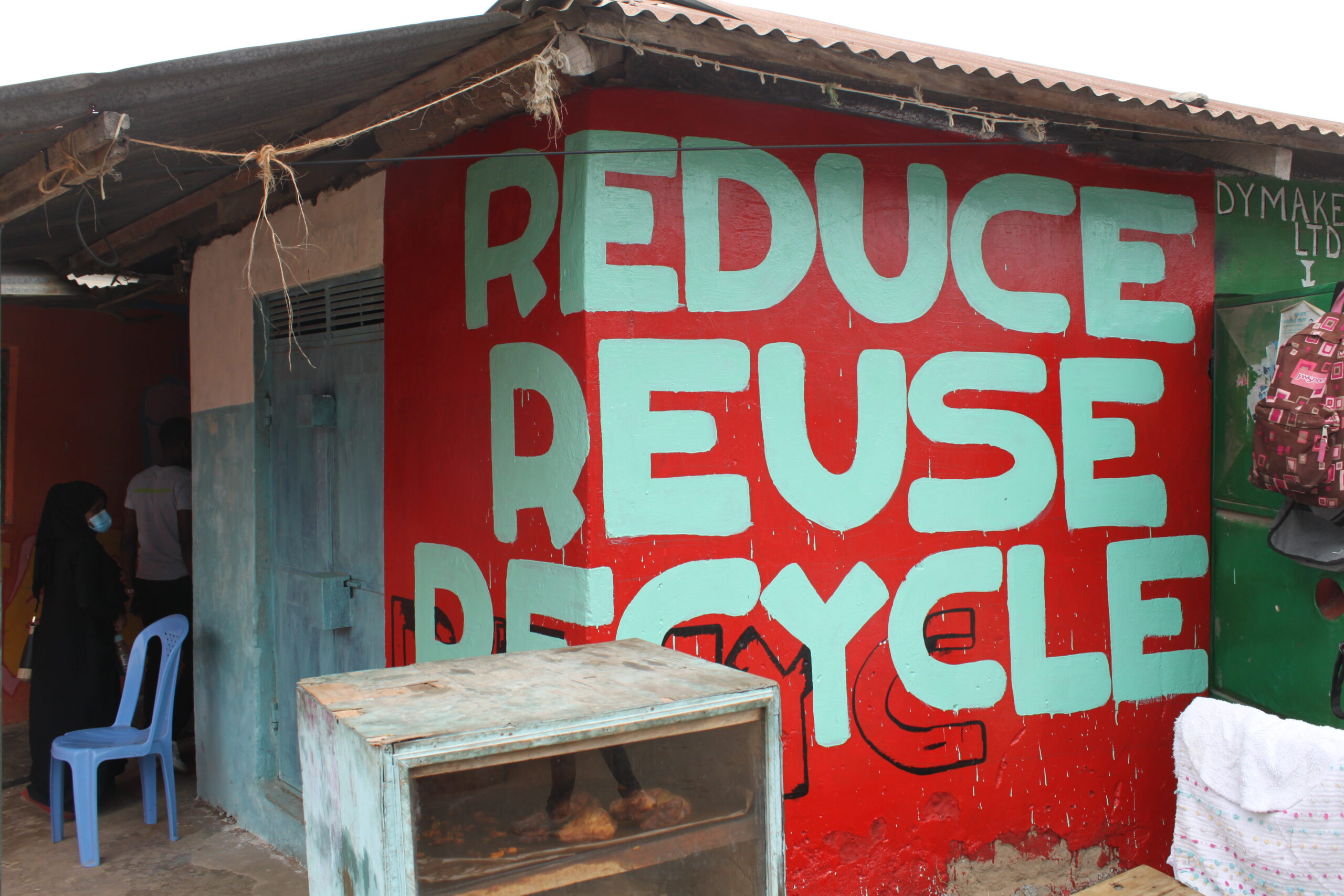
With global waste set to nearly double by 2050—from 2.1 to 3.8 billion tonnes—the urgency for change is undeniable. Moving towards zero waste practices will help drive climate action. The definition of zero waste, according to the international zero waste alliance, is “the conservation of all resources by means of responsible production, consumption, reuse, and recovery of all products, packaging, and materials, without burning them, and without discharges to land, water, or air that threaten the environment or human health.” The goal of zero waste is to ensure the manufacturing and consumption of products is designed in a way that minimizes waste, recovers as many resources as possible, and keeps toxic elements from harming the environment.
Implementing circular economy strategies can address climate action and move towards zero waste. They help transition from the traditional linear model of “take, make, dispose” to a circular economy that keeps resources in use for as long as possible.
So how can we achieve zero waste?
The task is daunting, but not impossible. Yunus Environment Hub developed a practical guide to help individuals, organisations and cities embrace zero waste practices. The guide offers practical recommendations to help reduce waste, from straightforward actions that can be implemented today, to tips that will help adopt a zero waste mindset over time.
Zero waste is not just an abstract concept; it is a practical approach to waste management that begins with refusing unnecessary items and redesigning products for longevity. In our guide we outline 7 zero waste principles as a foundation for action. Zero waste strategies may be applied almost everywhere, including companies, communities, industrial sectors, schools, and homes!
Below is a sneak peak into some of the recommendations that will get you started towards zero waste.
Download the full guide here.
Individuals can start by analysing their waste. Look in the bin and start taking an inventory of where your main sources of waste come from: packaging, food scraps, disposable products to see where you can make the most impact. What waste could be recycled or composted but is not? Rather than trying to correct overconsumption through recycling and composting, we should start by focusing on consuming less. Reducing the amount of goods we consume, and waste, is a critical step in zero waste. When it comes to refusing, you can practice saying “no” to any unnecessary items, like plastic utensils with your take-out food or free plastic pens from the bank and avoid single use items.
Organisations can get started today by banning single use items, for example in their cafeterias, and encourage the use of reusable plates, cutlery, and containers. This can help take a significant step towards reducing waste. A more strategic approach could involve updating procurement policies to include sustainability as a criterion to ensure that the products and services purchased by the organisation are environmentally friendly, support waste reduction goals and are ethically produced.
Cities can work towards zero waste by advocating for and supporting legislation that underpins circular economy initiatives. Legislation should support upskilling and reskilling of workers and youth for circular economy job requirements to ensure a pipeline of talent with the relevant skills for a just transition. They can also invest in modern, efficient recycling facilities is crucial. These facilities should be equipped to process various types of recyclables, improving the overall recycling rate and reducing the amount of waste sent to landfills.
This comprehensive guide underscores Yunus Environment Hub’s commitment to achieving zero waste. By supporting our network to identify actions they can take to reduce waste we can collectively make a difference.
Need support to identify, develop and implement circular economy strategies? Yunus Environment Hub is here to help! Through our CirculaRise Accelerator and Academy we combine training and individualised coaching to guide social business entrepreneurs to maximise environmental impact and improve efficiencies through circular strategies. We also offer our CirculaRise Course, an online training for individuals in organisations to support in the implementation of circular strategies that ensure a just transition.
Reach out to our team to learn more info@yunuseh.com
Photo credit: Unsplash